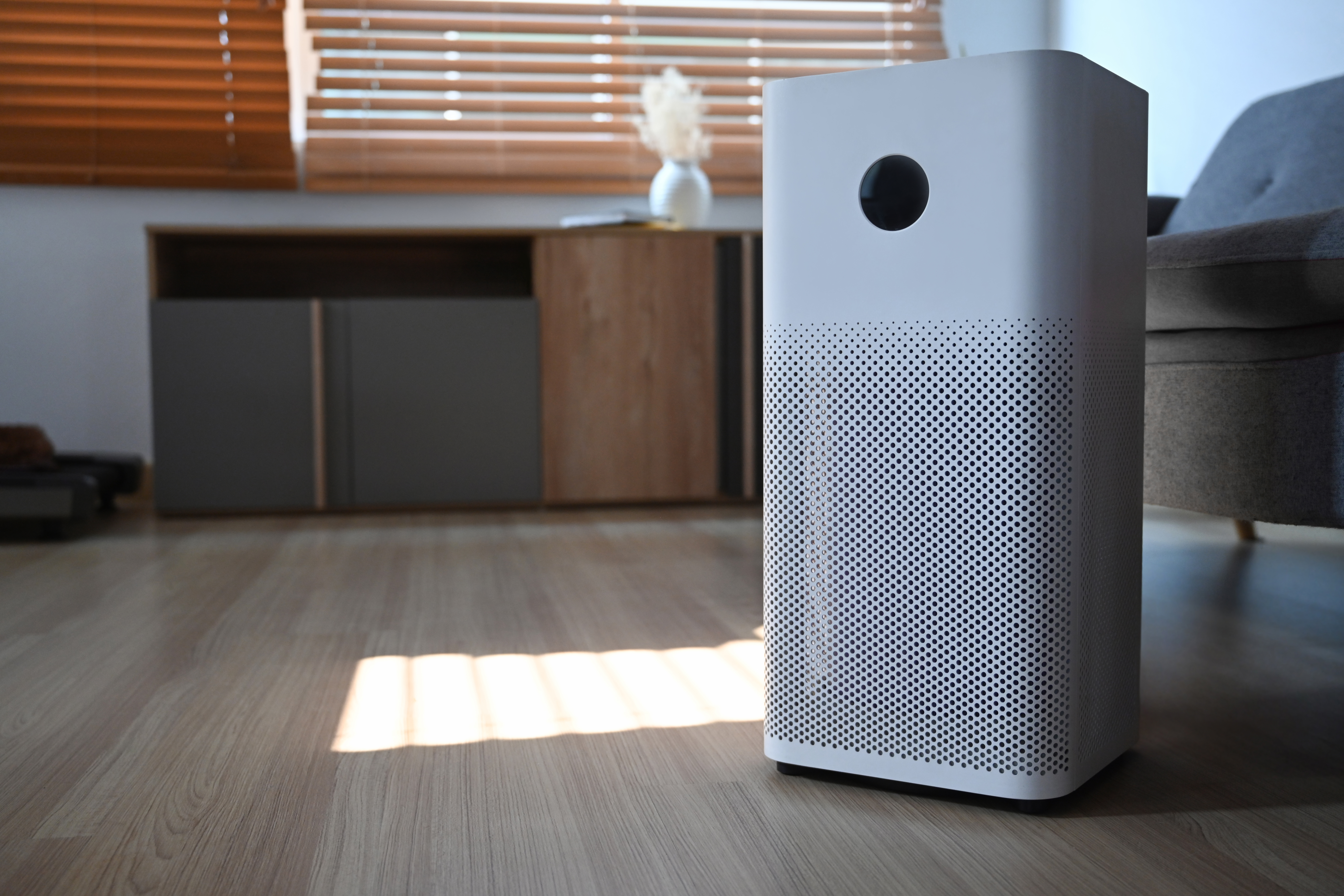The pandemic changed the way people valued their health. After years of isolation, people now wear masks or use air purifiers to ensure the air they breathe is clean and safe for their health. But are air purifiers effective? Who benefits them? Here are some ideas.
What is an Air Purifier?
An air purifier is a device that removes pollutants from the air, such as dust, pollen, smoke, and other allergens. It works by passing air through filters that trap and remove contaminants. The air purifier then circulates the purified air back into the room.
Overall, air purifiers are an effective way to improve the air quality in your home. They help remove pollutants and allergens, reduce odors, and reduce the air’s dust. An air purifier is worth considering if you’re looking for a way to improve your air quality.
Who Benefits Air Purifiers?
Air purifiers are beneficial for people with allergies or asthma, as they can help reduce the number of allergens in the air. Some air purifiers can even remove airborne viruses, bacteria, and other microorganisms, making them an excellent choice for anyone looking to improve their air quality. But who else can benefit from them?
a. People Exposed to Toxic Chemicals
Air purifiers can help reduce the number of toxic chemicals in the air, such as formaldehyde, ammonia, benzene, and toluene. If you work or live in an area with high levels of these chemicals, an air purifier can help make the air healthier.
For instance, if you live in an area with high levels of air pollution, an air purifier can help make your home healthier. Additionally, if you work in an environment with strong chemical odors, an air purifier can help reduce the number of toxic fumes in the air.
b. Patients With Communicable Diseases
Air purifiers can help reduce the spread of infectious diseases in a household, such as the flu. Air purifiers can remove airborne viruses, bacteria, and other particles from the air, reducing the risk of infection.
Air purifiers can also reduce the spread of germs in public places, such as hospitals and schools. In these areas, air purifiers with UV light can help reduce the number of bacteria and viruses in the air, decreasing the spread of disease.
c. People Experiencing Disturbed Sleep Due to Allergies
Air purifiers can help people who are experiencing disturbed sleep due to allergies. Air purifiers can remove allergens from the air, such as dust and pollen, which can help reduce allergy symptoms and improve sleep quality.
Air purifiers can also help people with asthma and other respiratory conditions. Air purifiers can help reduce the number of irritants and pollutants in the air, which can help reduce the severity of symptoms and improve overall respiratory health.
d. Pet-Loving People
Air purifiers can be beneficial for pet-loving people. They can help reduce pet dander, which can help reduce allergies and asthma symptoms associated with pet ownership. Air purifiers can also help reduce odors from pet urine and other pet waste, which can help keep the air in the home fresh and clean.
Conclusion
Air purifiers can be beneficial for any household. They can help reduce allergens, pollutants, and odors in the air, improving the home’s overall air quality. Air purifiers can also help people with asthma and other respiratory conditions and pet-loving people. An air purifier can help create a healthier and more comfortable living environment.
Air Purifier For Home reviews all air purifiers available in the market today. We aim to give readers valuable information and insight into which air purifiers are best for their needs, preferences, or wanted features. Read more about air filtration system reviews by visiting our website today.

